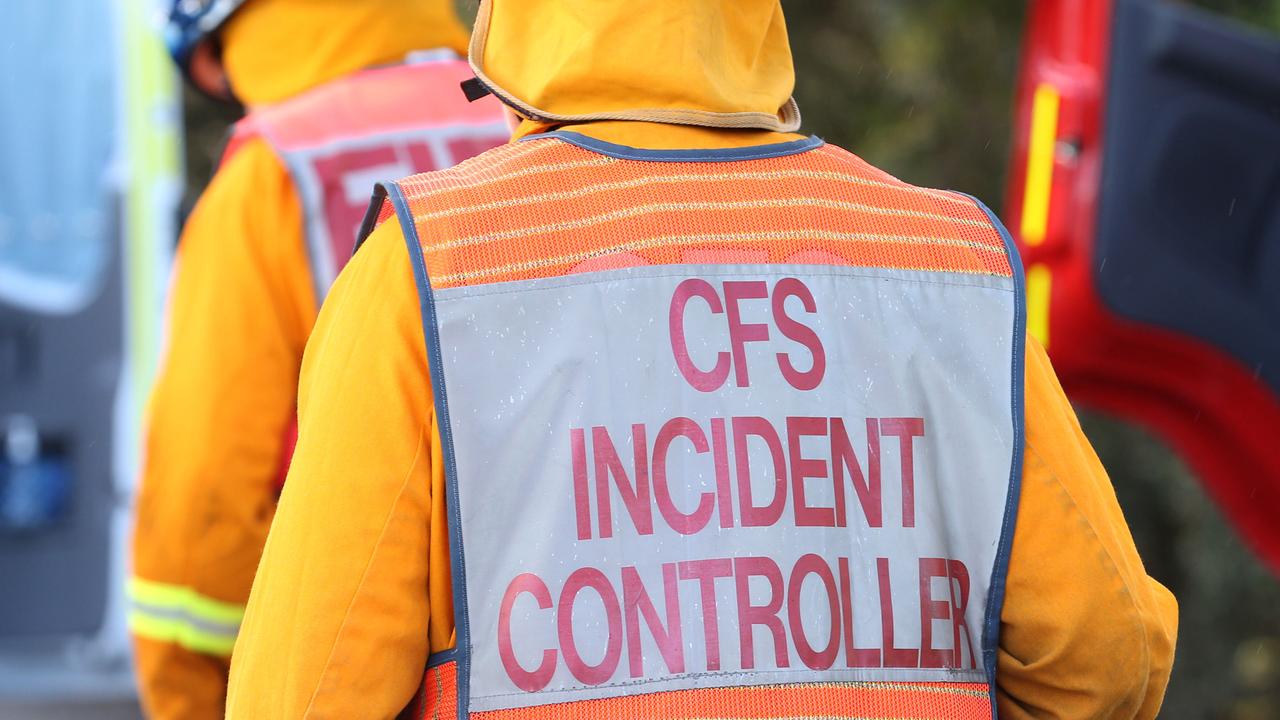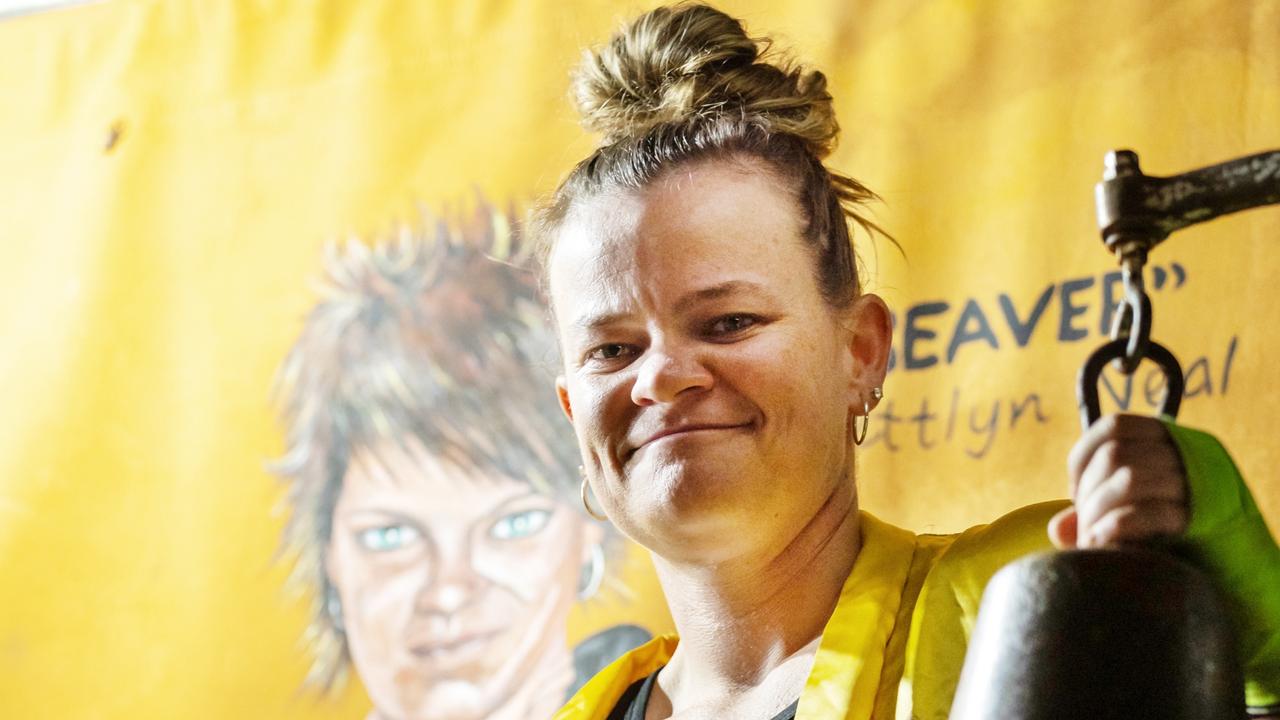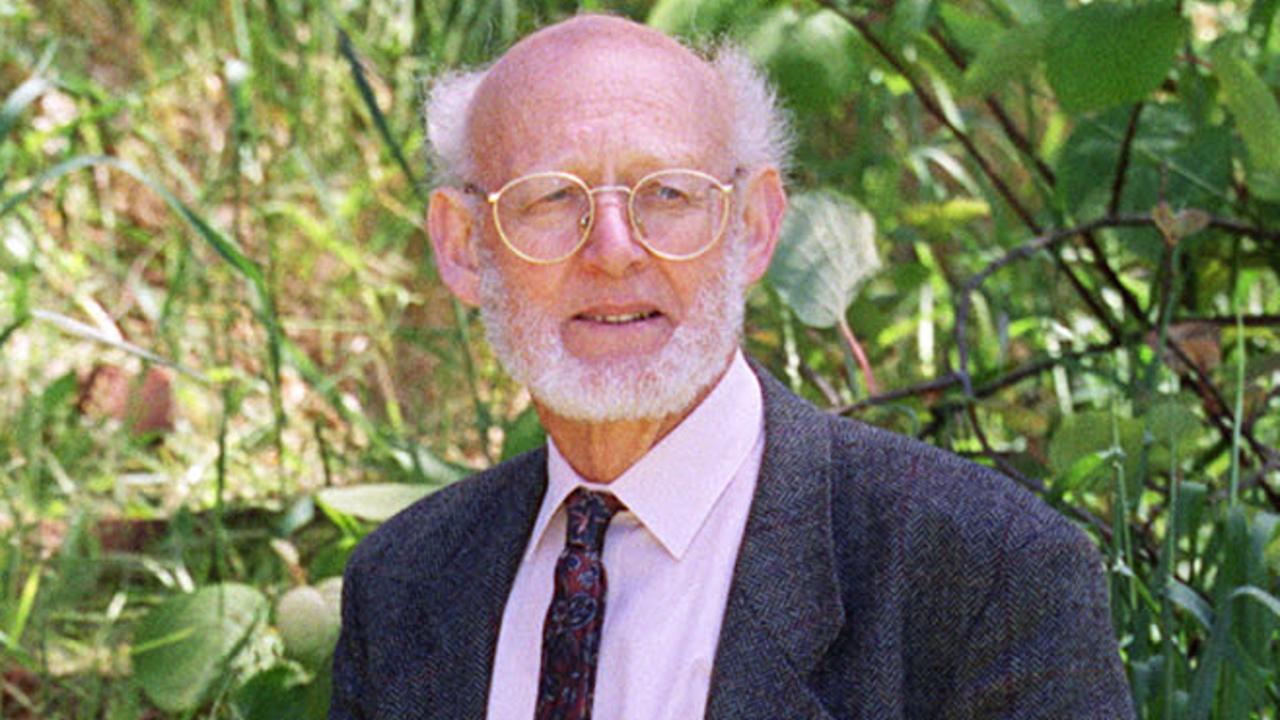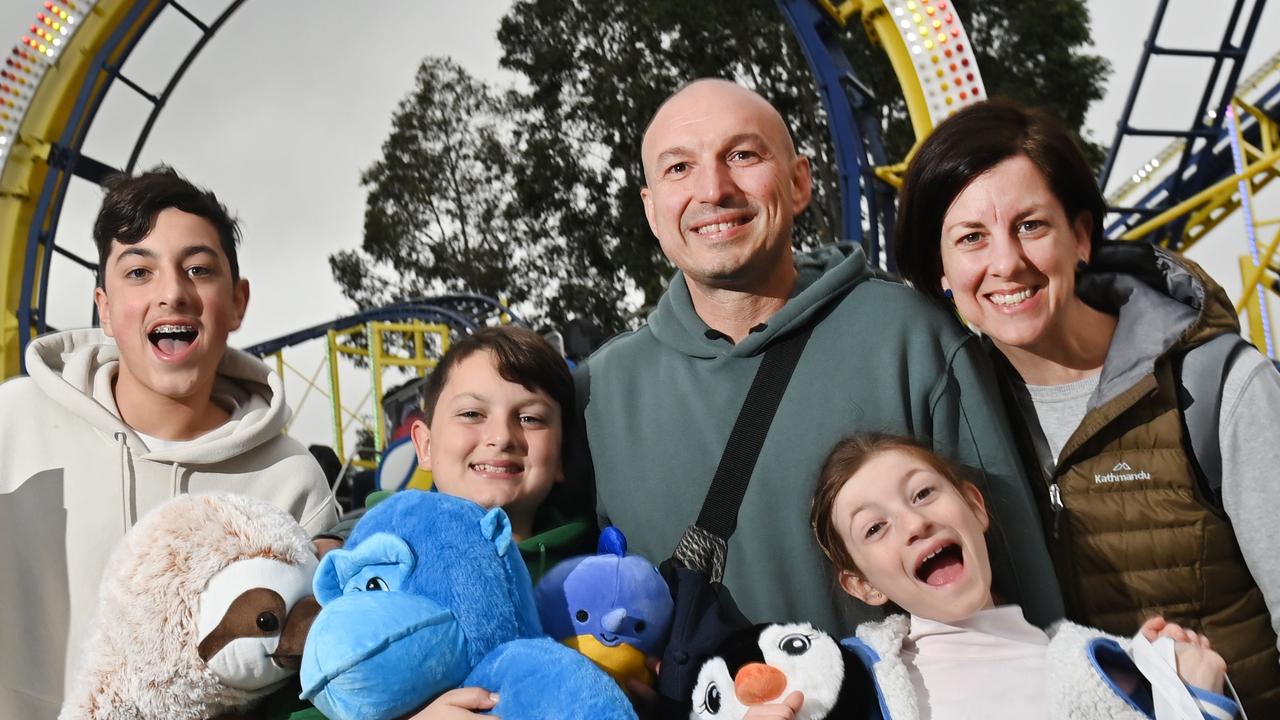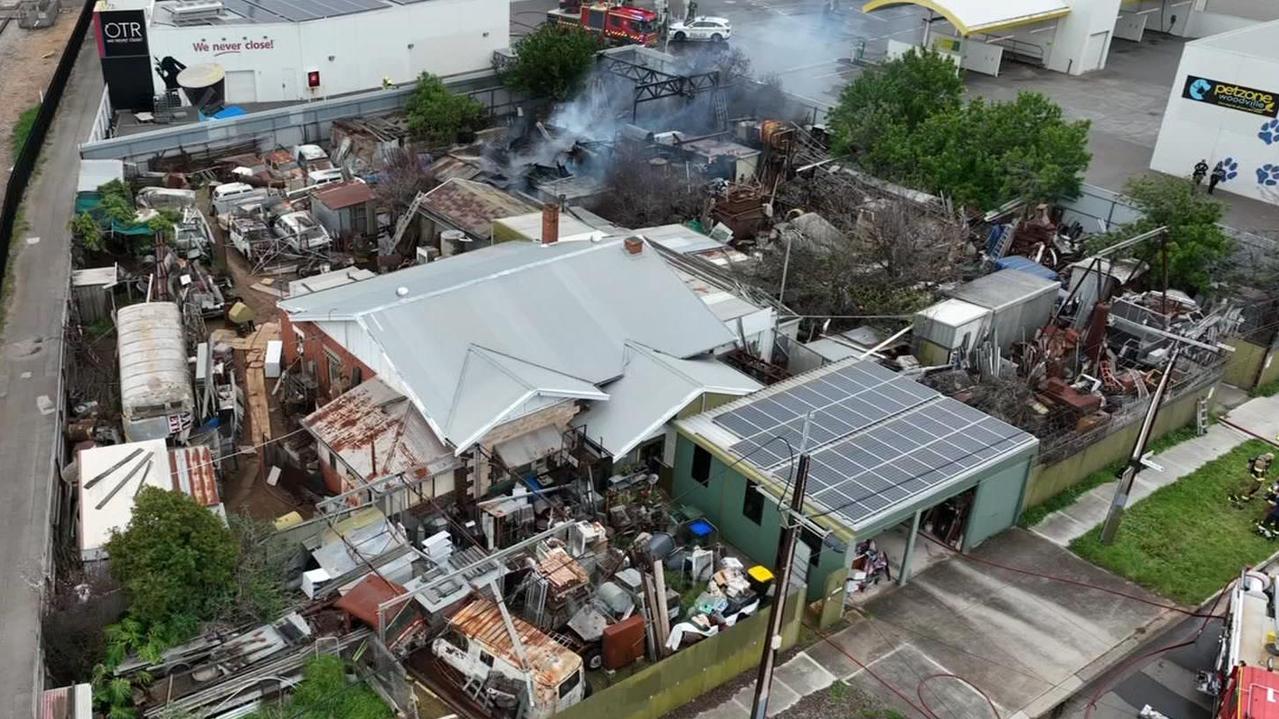National Sorry Day calls on governments to address ongoing impacts on Stolen Generations
Dr Jenni Caruso says she spent her life as a “domestic servant” after being adopted by a family in Adelaide. Her story is one familiar to thousands.
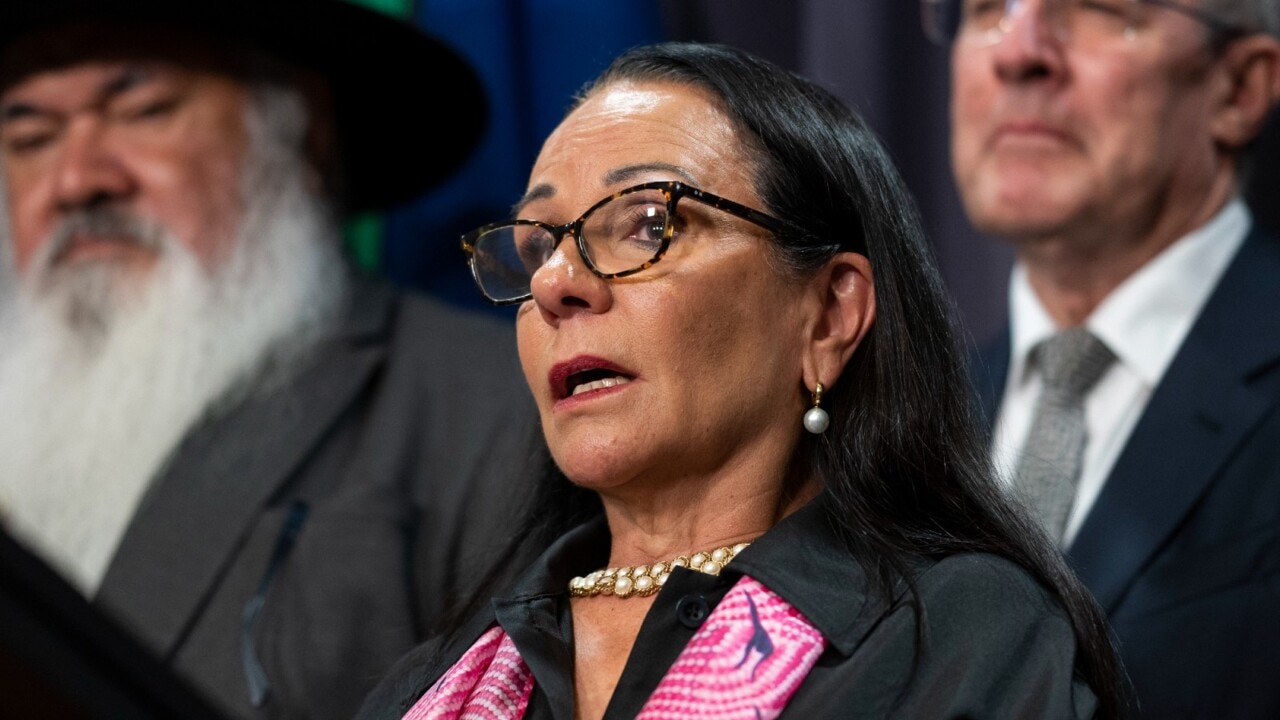
SA News
Don't miss out on the headlines from SA News. Followed categories will be added to My News.
After Eastern Arrernte woman Dr Jenni Caruso was taken from her family at three years old, she never spoke to another Aboriginal person again for almost four decades.
“I was so far distanced from any Aboriginal person and I had nowhere and nobody to run to,” she told the Advertiser.
“I did not have a conversation with an Aboriginal person until I was 38 years old.”
A survivor of the Stolen Generations, Dr Caruso was forcibly removed from her mother, father and six siblings in the Northern Territory and sent to a Methodist mission for Indigenous children outside of Alice Springs.
It was not long before she was adopted by a family in Adelaide, where she said she spent her life as a “domestic servant”.
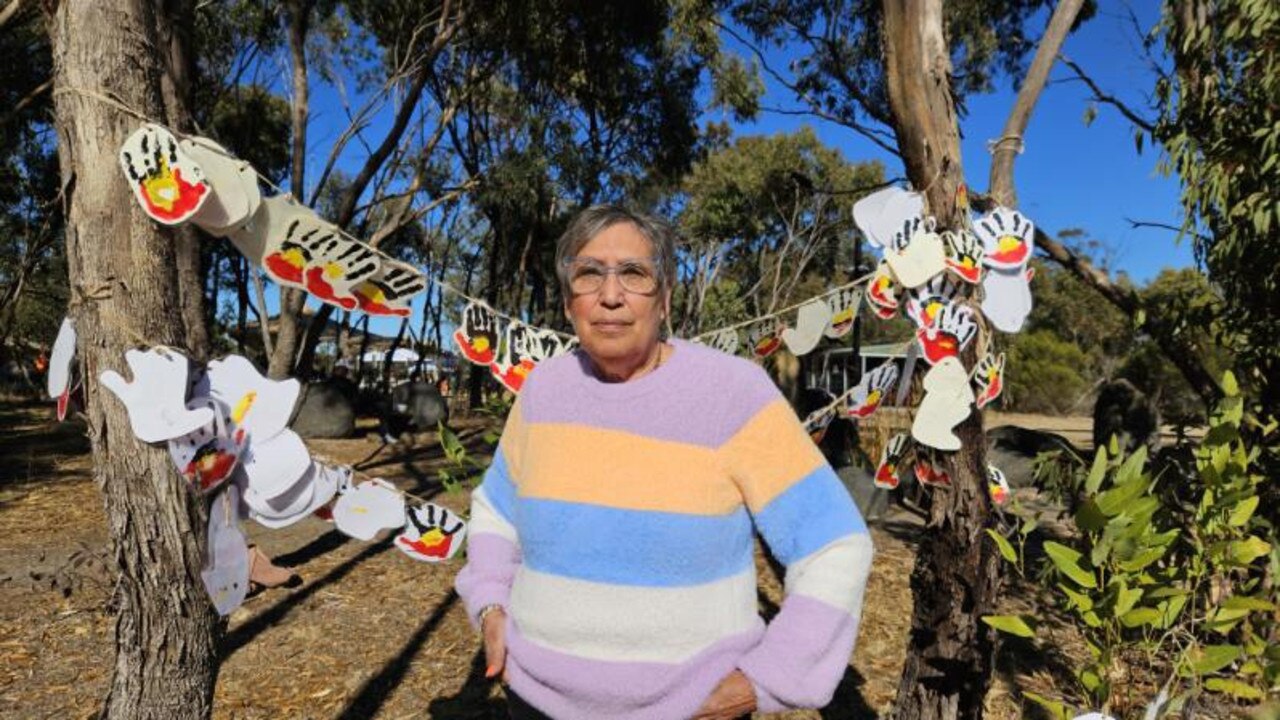
“I felt that part of me living with that family was to be there to do the domestic kind of work and it wasn’t until I was older that I realised that they didn’t perceive me to be a part of the family,” she said.
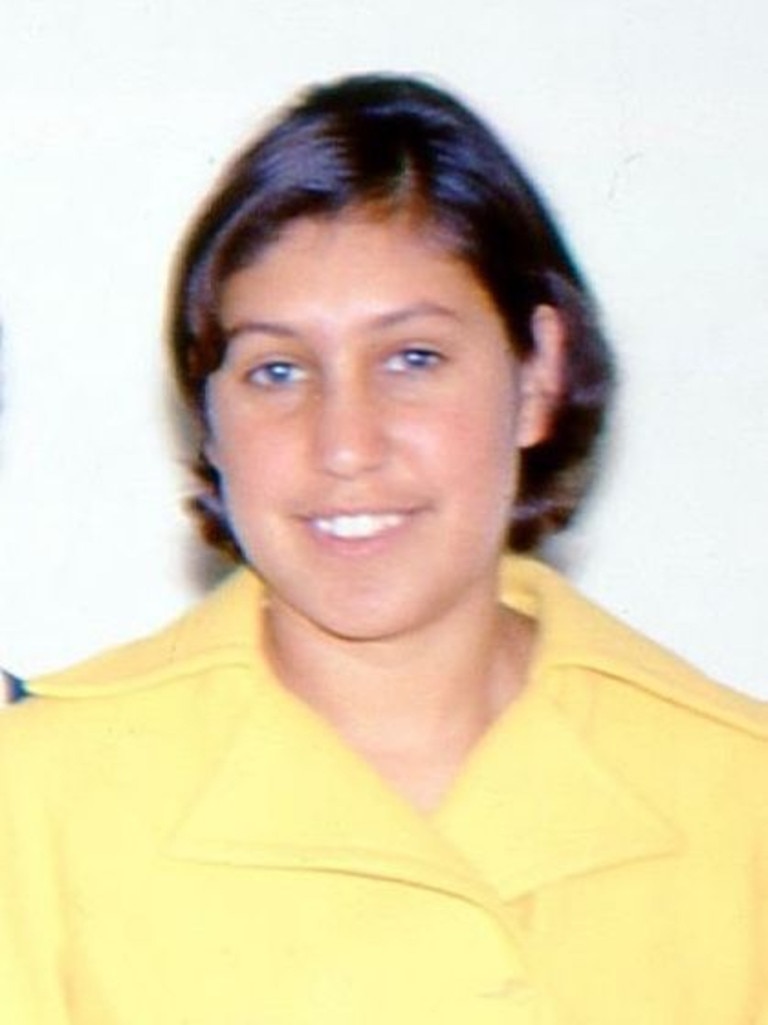
“I would go to church youth camp at Christmas time, and they would drop me off, and then I came to know that when they dropped me off, they would pack the car and all go off on a family holiday.
“I remember reading a school report when I was seven years old, that my foster mother readily admitted that she could not feel affection for me.”
Dr Caruso never saw her family again until she was in her 40s, which was at a time when state and territory government’s started redress schemes for victims of the Stolen Generations.
Eventually, she became a lecturer of Indigenous Cultures and History, and Indigenous Histories of the Twentieth Century at the University of Adelaide, where she completed her PHD as a mature age student.
Between 1910 and the 1970s, thousands of Indigenous children were forcibly removed by governments, churches, and welfare bodies and were placed in institutions, fostered out, or adopted by non-Indigenous families.
Victims suffered harsh and degrading treatment including abuse, exploitation, racism, and being deprived of speaking their language and practising their culture.
An estimated 17,000 Stolen Generations survivors are still living today.
Many of their stories were documented in the Bringing Them Home Report, which was tabled in federal parliament 27 years ago as of Sunday.
The report outlined 54 recommendations that were designed to address the traumatic impact of forced removals of Indigenous children from their families.
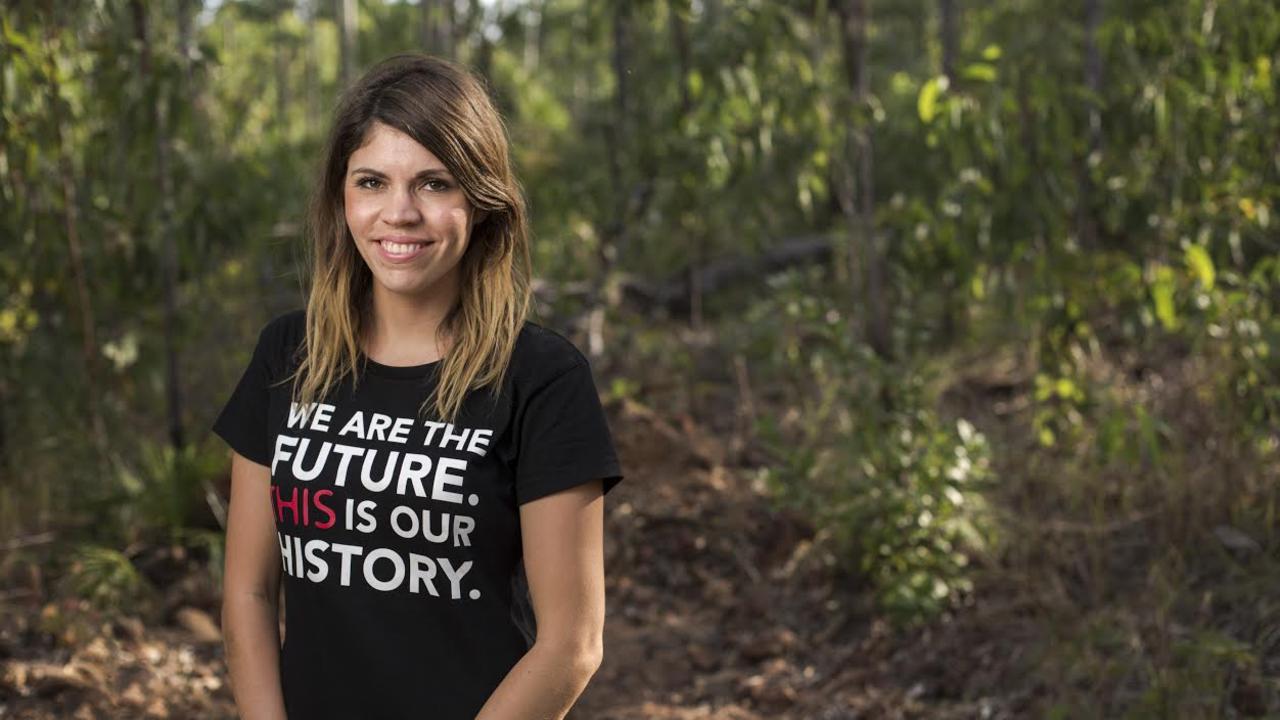
Recommendations include reparations, acknowledgment of the trauma and suffering of the Stolen Generations through apologies by Australian parliaments, churches and police forces, and the release of family records to survivors in every state and territory.
The anniversary is marked each year with National Sorry Day, and this year, the day of commemoration is calling for a consistent and fair redress scheme for all survivors, improved access to family records and better support for survivors overall.
A majority of the recommendations have remained shelved, with victims and advocates of the Stolen Generations urging all Australian governments to increase efforts to implement more.
CEO of the Healing Foundation, Shannan Dodson said it was a matter of urgency as many Stolen Generations victims were ageing.
“Stolen Generations survivors have multiple complex and overlapping needs,” Ms Dodson said.
“They carry the legacy of colonisation which has resulted in social and economic disadvantage.
“There needs to be a systematic government response to the needs and rights of Stolen Generations survivors and their descendants.”
To mark National Sorry Day on Sunday, the Albanese government announced that it would continue to support Stolen Generation survivors with $3.5 million for community-led healing services.
More Coverage
Originally published as National Sorry Day calls on governments to address ongoing impacts on Stolen Generations




